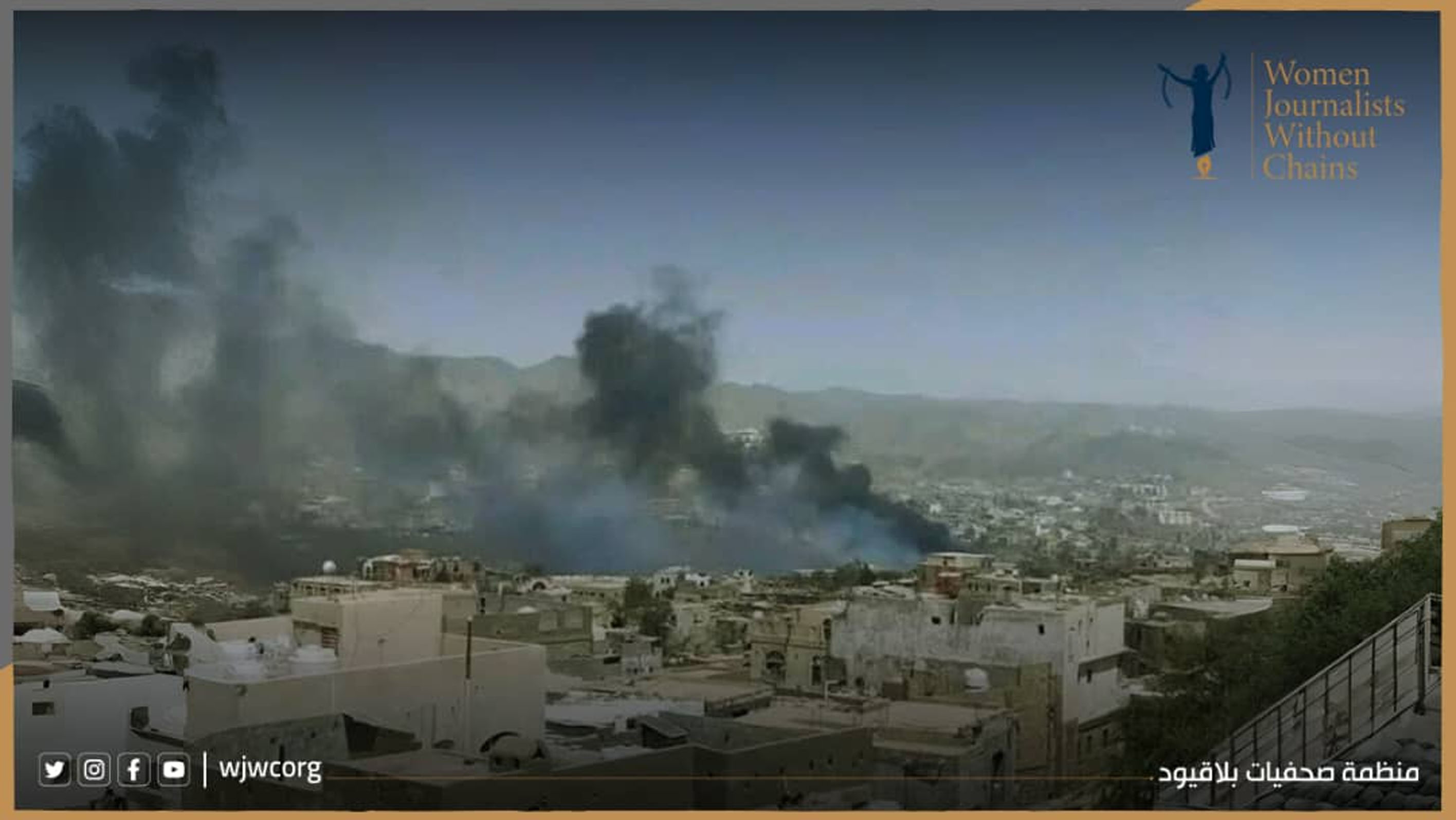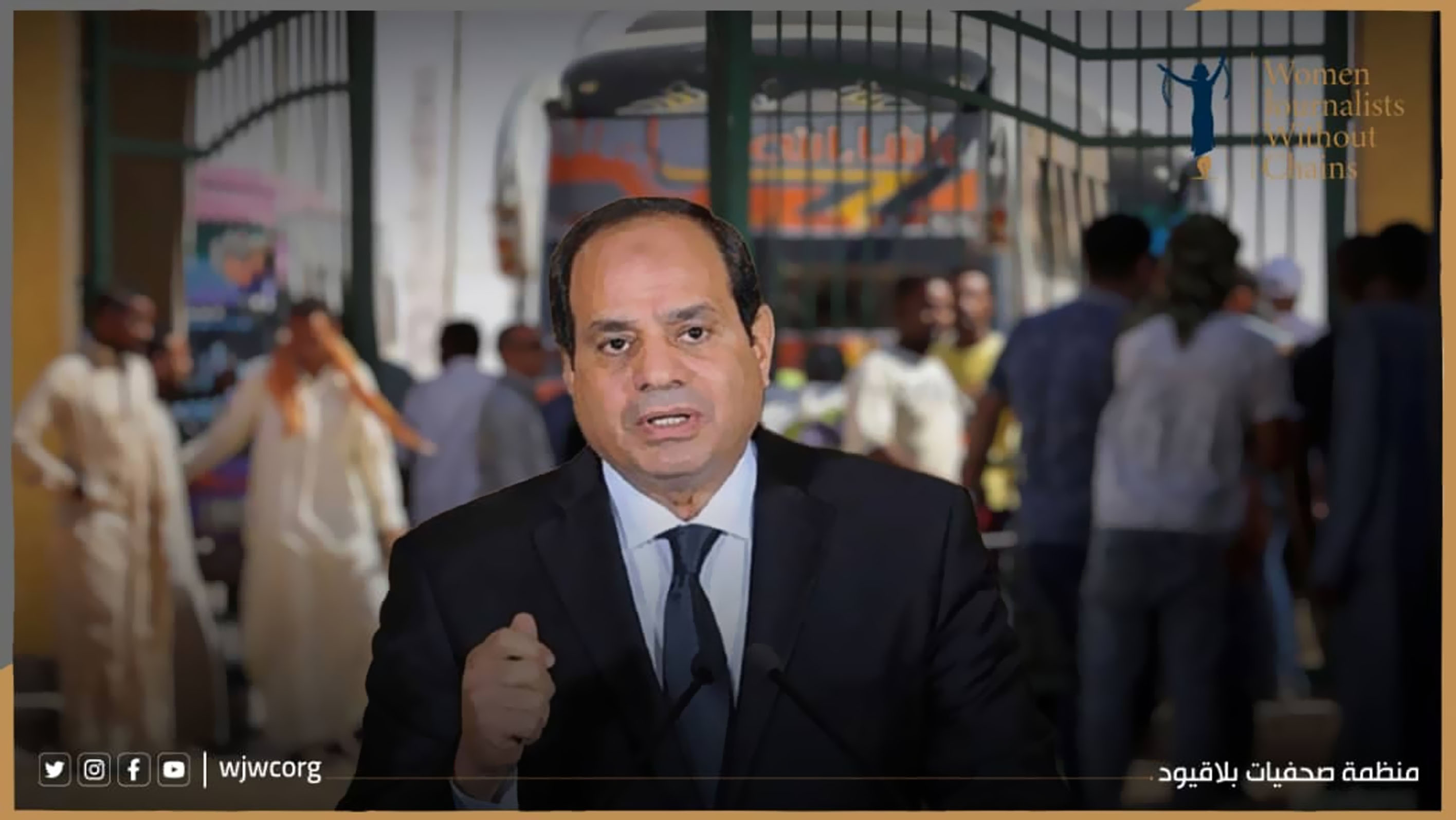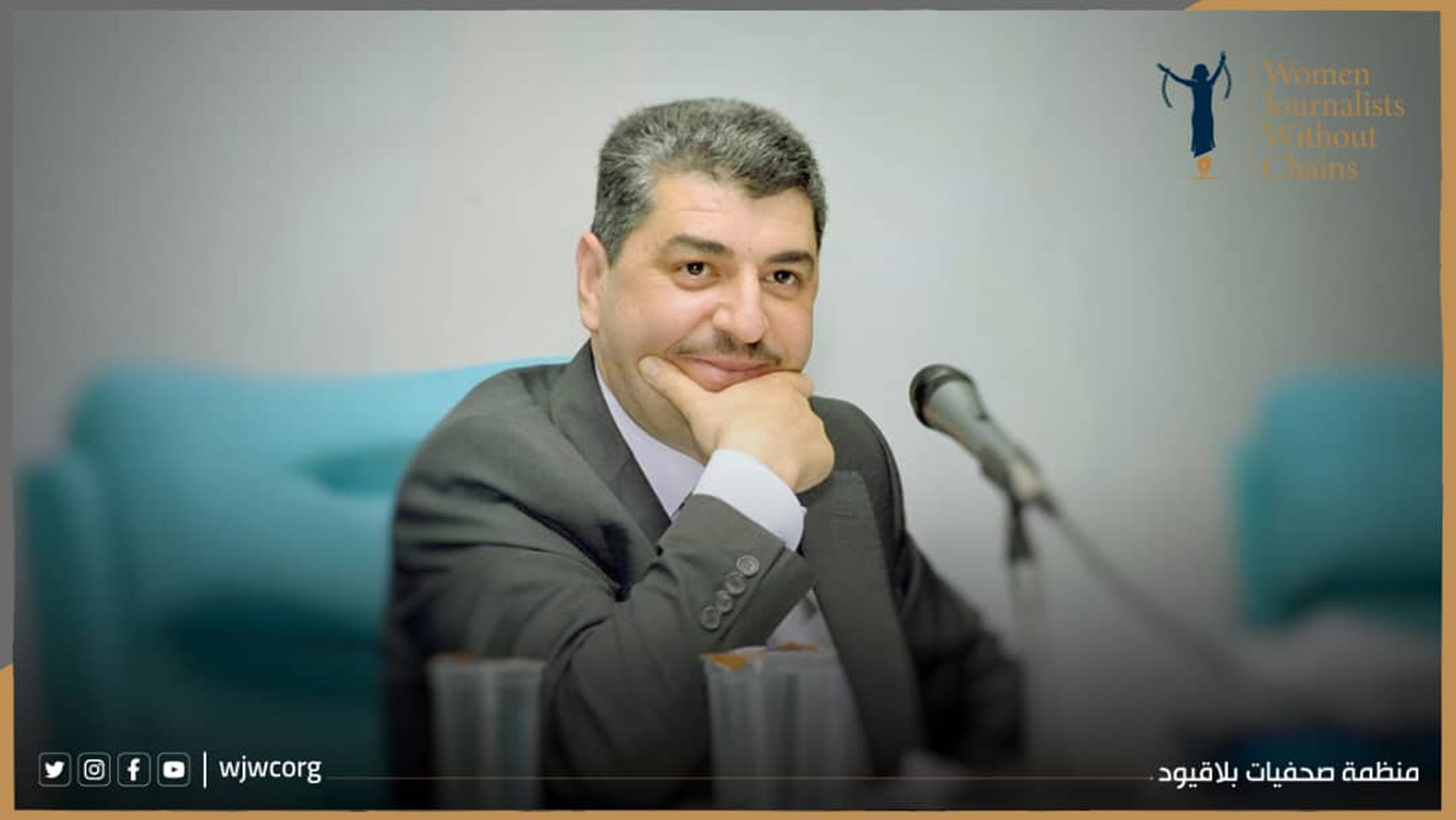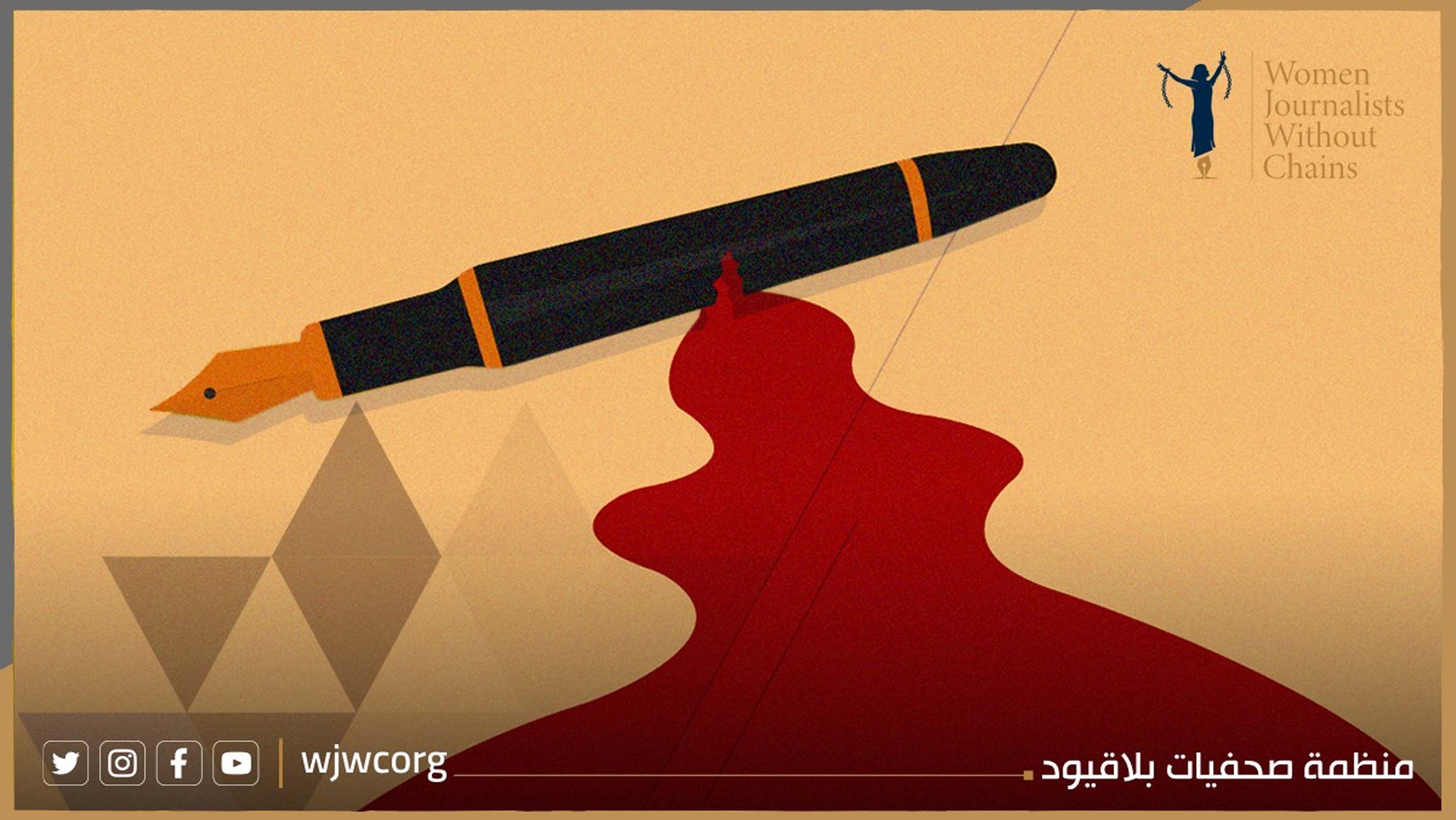On November 25, 2024, Iranian authorities released a 17-year-old girl, Negar Debaghi, after 12 days of detention for allegedly writing anti-government slogans in Tabriz, a city in northwest Iran.
Wjwc News
Women Journalists Without Chains (WJWC) vehemently condemns the recent attacks by the Syrian regime, supported by Russian airpower, on Aleppo and Idlib, resulting in numerous civilian casualties.
TAIZ, Yemen (December 3, 2024) — Three civilians were injured Monday morning when Houthi militia artillery fire struck a residential neighborhood in Taiz’s Al-Mudhaffar District.
Women Journalists Without Chains has expressed deep concern regarding the new asylum law enacted by the Egyptian Parliament on November 19, 2024.
On December 1st, 2024, a Jordanian court in Amman rejected a fifth request to release journalist Ahmad Al-Zoubi from prison, refusing to replace his sentence with community service.
A new report by Women Journalists Without Chains, "Blood-Stained Words: Press Freedom Written in Red in Syria," exposes Syria as one of the world's most dangerous places for journalists between 2011 and 2024.
A new report by Women Without Chains, titled “Bloodstains on the Letters,” reveals the state of press freedom in Syria between 2011 and 2024, highlighting that the country is considered one of the worst places in the world for journalists to work.
-
Jordan: Prison Overcrowding and Detention of Activists Raise Human Rights Concerns
Amman, Jordan – February 9, 2026 — Women Journalists Without Chains has warned that recent remarks by...
-
From Aid Convoys to Hospitals: Civilians Under Fire in Sudan’s Escalating Crisis
A series of deliberate attacks on humanitarian convoys, displaced civilians, and medical...
-
Deadly Repression in Iran: Killings and Sweeping Arrests
Reports compiled by Women Journalists Without Chains (WJWC) indicate a severe deterioration in the...







